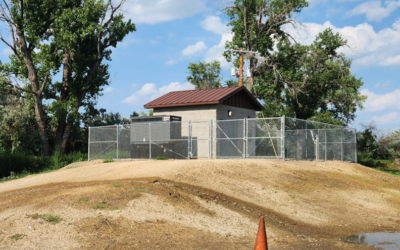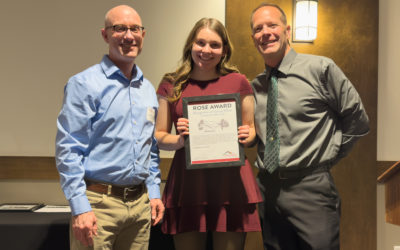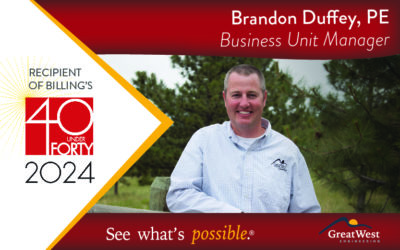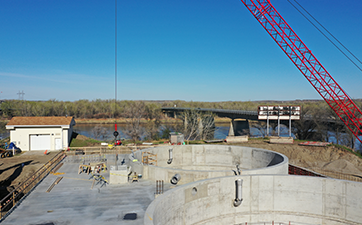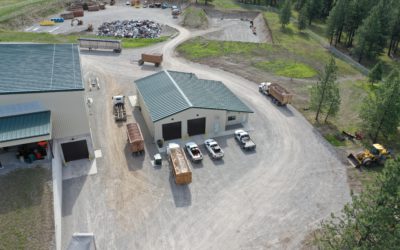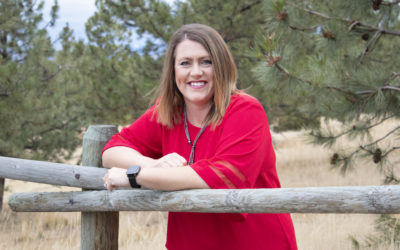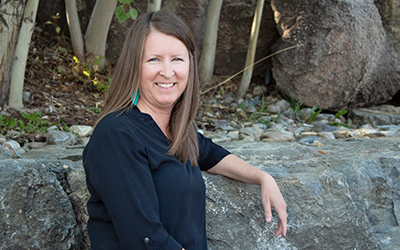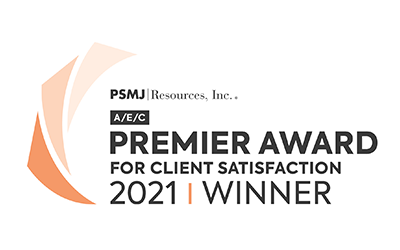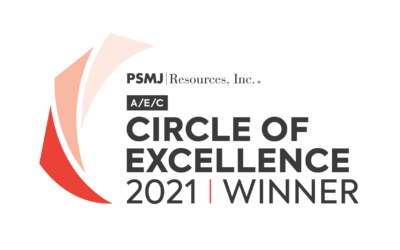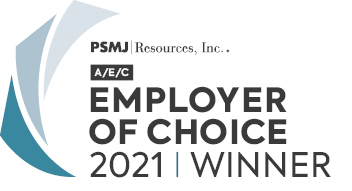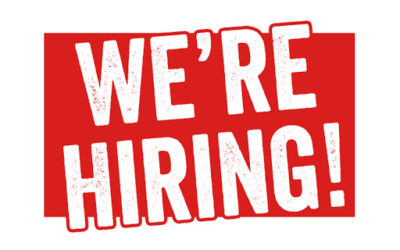What is a Water Model?
A hydraulic water model is a computer simulation of a water system. The water model is a powerful tool that can help to analyze an existing system as well as help to narrow down alternatives for future improvements and/or evaluate proposed developments or improvements. Through the help of specialized software, such as WaterCAD, a community’s water distribution system is modeled as a “network” and allows for nearly as many details you want to input into the system, including pipe material, pipe size, length of pipe, etc.
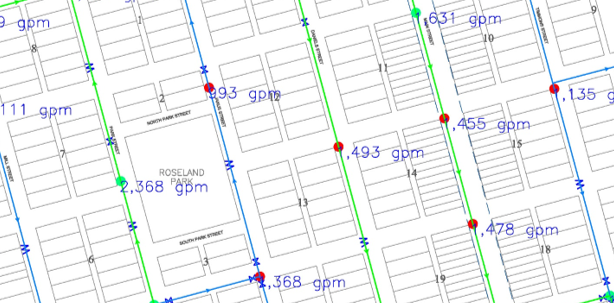
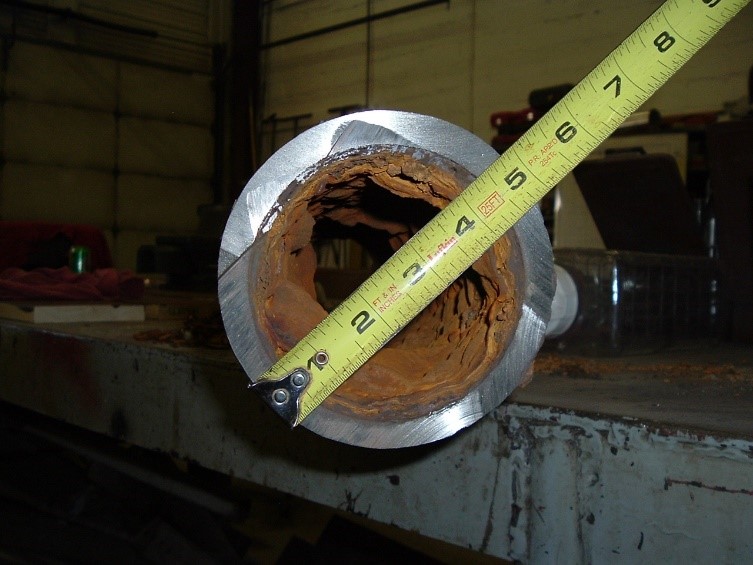
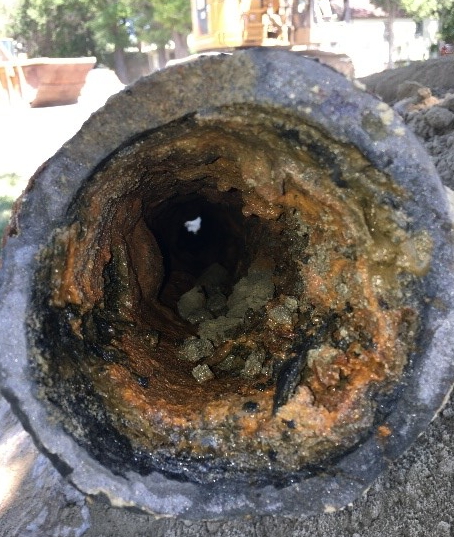
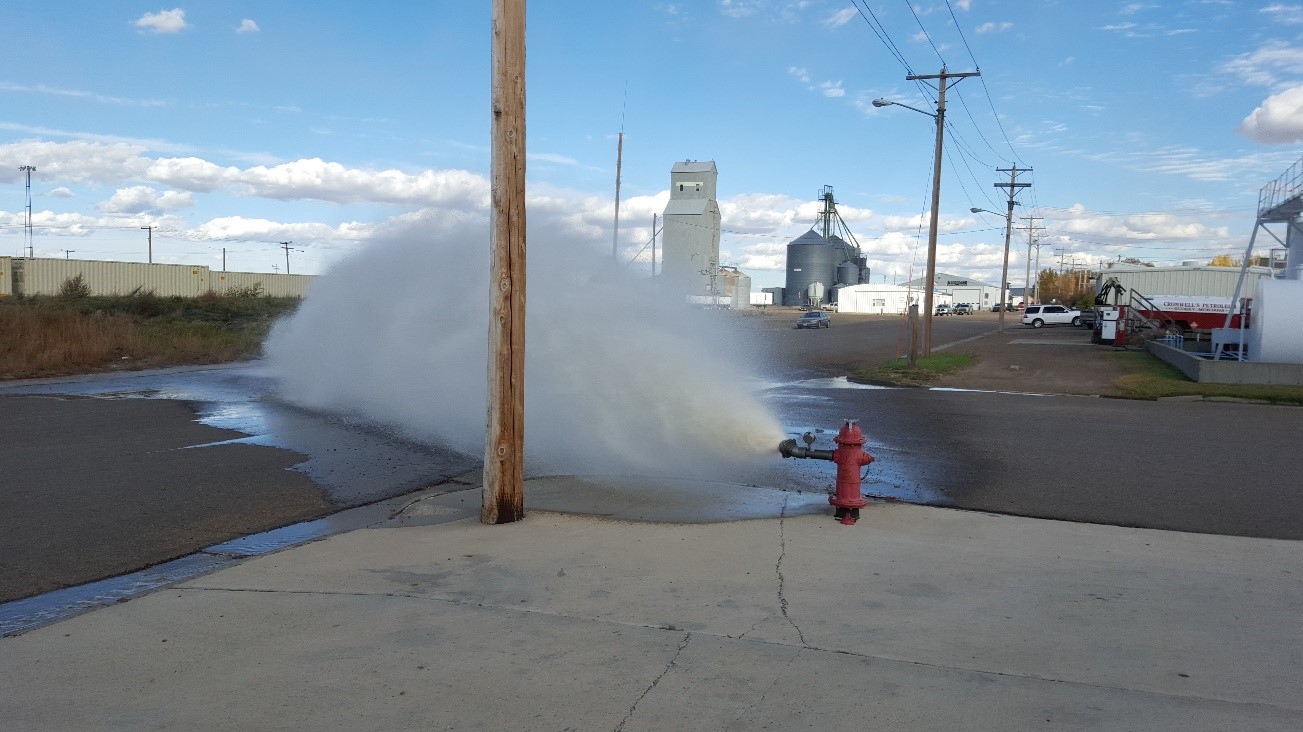

Water Model Usage: Analyze Condition of Existing System
The model can provide a big picture look at how a system should be functioning (i.e. how much water is available at fire hydrants, what system pressure, how to tank levels affect the system, etc.). Too often, however, a model is left at the theoretical level when it is actually much more important to get real results. One of the best ways to determine the accuracy of a water model is to calibrate it with hydrant testing. An ideal hydrant test would involve flowing one hydrant at a time while recording the available flow as well as the pressure not only of the flowing hydrant but also of several other hydrants throughout the system. A handful of hydrants should be tested throughout the community. These results are then compared to the original water model to determine how well the theoretical matches with the real results. There can be numerous reasons for differences. A common issue is excessively aged and/or scaled pipe, which can create additional headlosses in the system. Or, sometimes, the results may indicate a physical problem in the distribution system itself such as a closed or stuck valve. Regardless, the hydrant testing is important to calibrate the water model, which ensures that when looking at future analyses, the results are most accurate for the system.
Water Model Usage: Determine Available Fire Flows
One of the most common uses for water modeling at Great West is to help communities determine available fire flows for their water system. This is an important consideration for all communities but may be most significant for small systems as fire flow demands are typically much larger than their projected customer demands and as a result drive the overall size of the system. Water modeling can not only identify fire flow deficiencies for a system but can also be used to evaluate alternatives to improve fire flow as part of future fire flow improvements. The model can help determine which pipes need to be upsized and to what size. The model can also be used to help prioritize improvements by determining which improvements will have the most significant hydraulic benefits to the system.
Water Model Usage: Analyze System Pressures
A hydraulic water model helps to evaluate system pressures. Determining where pressures may be deficient and under what conditions (i.e. with a particularly pump running or not running, or when tank levels drop, etc.). The model can determine where pressure zones may need to be added or modified. Similarly, it can help to determine what elevations of new tanks should be.
Water Model Usage: Determine System Adequacy for New Development
Another common benefit to water modeling is to evaluate impacts on the system from proposed developments and/or connections to the system. Can an existing system handle a new connection at the proposed location? If not, what improvements can be done to the existing system to make the new connection acceptable? All of these questions can be answered with an accurate water model.
Water Model Usage: Prioritize Improvements and Save Money
In addition to looking at the existing system, the water model has a function which allows the user to add alternatives right into the system. The model of the existing system remains in tact while the user can make changes to the system in separate “scenarios” to simulate what the results of various improvements may be (i.e. upsizing a pipeline, looping the distribution system, adding a pressure zone, etc.). With input from the client as to what the desired end results are, the model can help to identify the most economical improvements that will provide the best end result for any particular system.
Water Model Usage: Is it Time for an Updated Water Model of Your System?
How well do you understand your distribution system? Do you have a long term plan to improve your system? Can a hydraulic water model help you develop a more cost effective replacement plan?
A little extra time and money invested in a properly developed water model can be the difference in completing cost effective, phased improvements that are improving the overall system versus wasting large sums of money doing improvements that are not going to help meet the desired end results.
Article by Crystal Bennett, PE
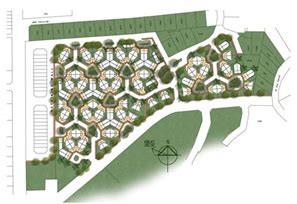

Have Questions?
LATEST NEWS
Lift Stations Overview
Wastewater lift stations might arguably be the most critical structure in your community. While the general public may not know that lift stations are even there, everyone knows when they fail. The failure of a lift station can result in an emergency situation where...
ROSE Award Winners – 2023 Yearly
We are excited to announce our latest ROSE Award winners! Announced at Great West's holiday party at Fairmont Hot Springs, we can't say thank you enough for the effort and hard work each of these valued team members has put forth. Based on votes by their peers, The...
Brandon Duffey Named Recipient of 40 Under 40!
We are pleased to announce Brandon Duffey has been named as one of the Billings Gazette’s 40 under 40. Based in Great West’s Billings office, Brandon leads the Firm’s Transportation Business Unit for the region, ensuring responsive service and quality solutions are provided to Eastern Montana clients.
Company News
Updates and News From Great WestGlendive Water Treatment Plant
The City of Glendive provides water to residents, businesses, and commercial users.
Solid Waste Project Funding
On March 11, 2021, President Joe Biden signed the $1.9 trillion American Rescue Plan (ARPA) Act.
Great West Gives
Improving the world in which we live and work has been part of our DNA for over three decades.
Happy Holidays
Happy Holidays from Great West Engineering! We had a blast putting together a custom holiday card just for you.
Deitchler Selected as Municipal Practice Group Leader
We are pleased to announce Amy Deitchler has been selected to serve as Great West Engineering’s Municipal Practice Group Leader. As Municipal Practice Group Leader, Amy will work closely with Great West’s Municipal Business Units in Montana and Idaho to ensure the...
LaNette Jones Certified Grant Writer®
We are excited to announce that Great West Engineering Grant Writer/Administrator LaNette Jones has received the American Grant Writers’ Association (AGWA) Certified Grant Writer® professional credential! The AGWA Certified Grant Writer® credential is given to...
Premier Award for Client Satisfaction Winner
PSMJ Resources, Inc. has announced has announced Great West Engineering a recipient of the 2021 Premier Award for Client Satisfaction, which honors architecture and engineering firms that deliver a truly exceptional client experience. Presented in partnership with the...
Great West Engineering Selected For 2021 Circle of Excellence Award!
PSMJ Resources, Inc., the world’s leading authority on the effective management of architecture, engineering, and construction firms, has announced Great West Engineering as a winner of the 2021 Circle of Excellence. The Circle of Excellence highlights successfully...
Great West Engineering Wins Employer of Choice® Award!
For the third consecutive year, Great West Engineering has been announced as one of ten nationwide winners of PSMJ's A/E/C Employer of Choice® Award! The A/E/C Employer of Choice® Award is the industry’s premier recognition of firms that have mastered workforce...
We’re hiring!
Interested in starting an exciting career with an amazing company? We're hiring, check out all our open positions here: https://www.greatwesteng.com/join-our-team/

